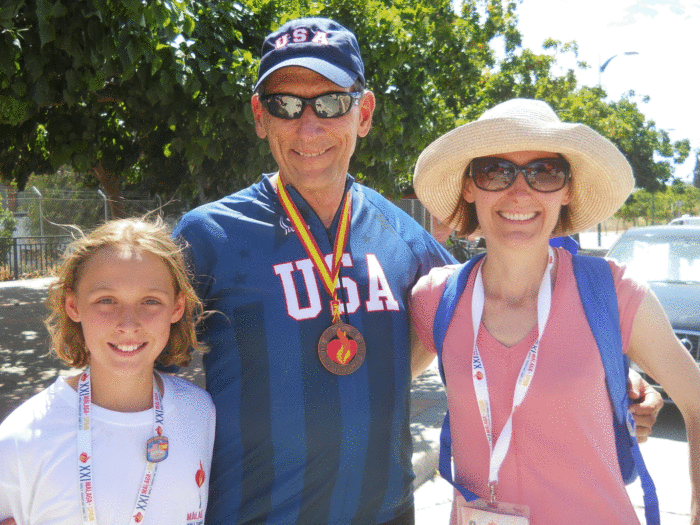Copyright ©2024 LifeSource | Terms of Service
Ron Matross
Transplant Recipient, Minnesota
My journey with transplantation began in 1987, when a routine physical revealed abnormal liver enzyme readings. I was subsequently diagnosed with a chronic liver disease. I had only moderate symptoms until 1994, when my condition began to deteriorate. In January of 1995 I was hospitalized in desperate condition. No one knew whether I would live long enough to receive a transplant.
It is a privilege to grow old. Too many on the transplant lists never have the chance.
On Friday the 13th, I collapsed in the hospital and prayed for God to end my ordeal one way or the other. After some emergency procedures, I went to sleep and didn’t wake up until that Sunday morning, when I learned that I had received a liver transplant the previous day.
At the age of 49, I had been given the amazing gift of a second chance at life. While in the hospital I saw on a bulletin board the story of a person who raced her bicycle in the Transplant Games, an Olympic-style competition just for transplant recipients. As a longtime cyclist, I vowed that I would be like that person. I competed in my first Transplant Games in Salt Lake City in 1996, and have competed in over a dozen additional American and international games, winning several medals.
When I received my transplant, I never expected to grow old. At the time, the oldest living liver transplant recipient in Minnesota was 13 years post-transplant, and the expectation was that a recipient could hope to live, on average, 5-10 years. My deepest wish was that I could live for at least 5 years, so that I could get my two kids through college. Now in my 70’s, I not only saw my kids graduate from college and graduate school, but also to get married and have kids of their own.
We seldom realize it, but growing old is a privilege. It is also a privilege that will never be enjoyed by the thousands who die each year waiting for an organ transplant. Transplant medicine has progressed considerably in the last 30 years, and many more recipients can now how hope to extend their lives for decades. And many, many more could do so if only an organ were available. More than ever, donation matters, and donation works.
In gratitude, Ron Matross
